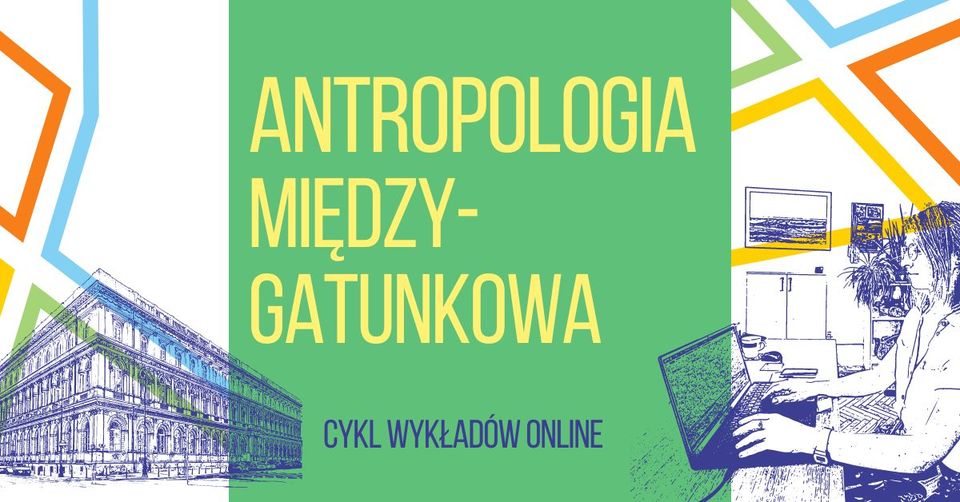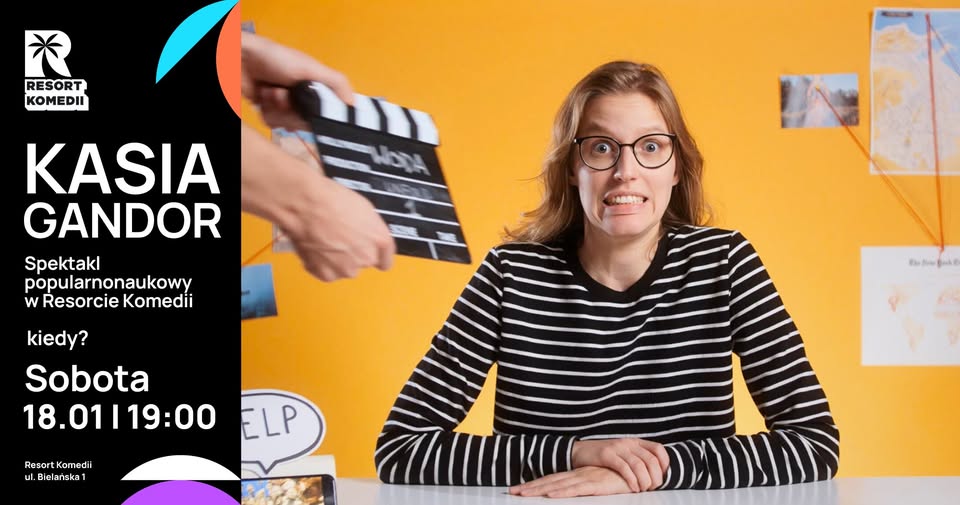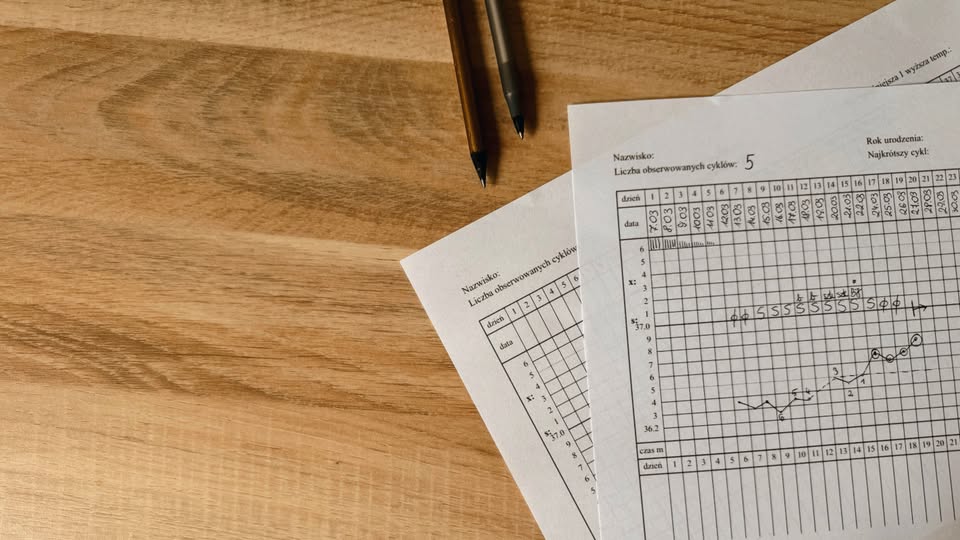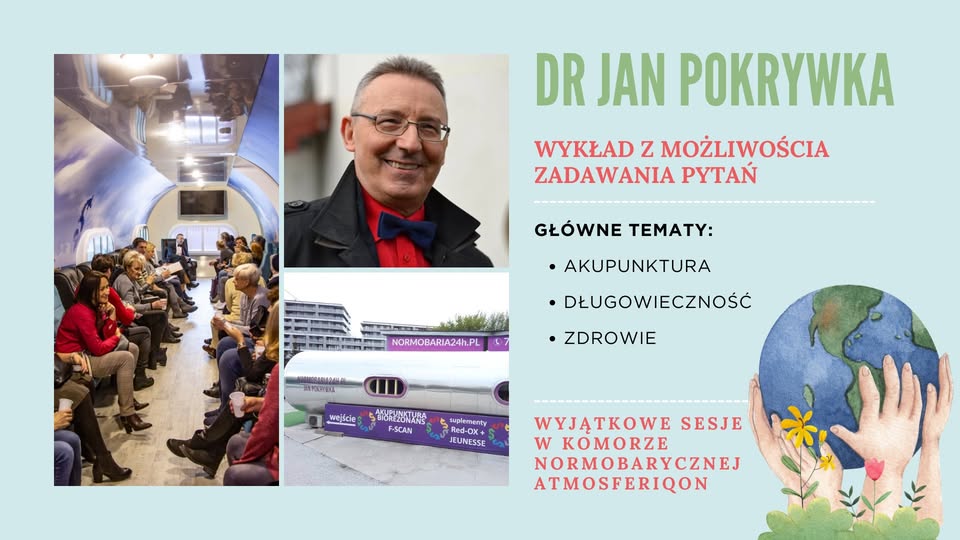
FOR WHOM?
Event for adults.
ACCESSIBILITY
Online lecture on the Zoom platform translated into Polish Sign Language (PJM). More information: dostepnosc@ethnomuseum.pl; tel. 502 955 534 (possibility to send SMS).
ABOUT THE EVENT
We invite you to participate in the online lecture series 'Inter-Species Anthropology,' which will allow participants to enrich their knowledge about inter-species relationships in the spirit of a non-anthropocentric paradigm in the humanities. This is another series of meetings on the Zoom platform organized by the State Ethnographic Museum in Warsaw. This time, the main theme is the spaces, methods, and goals that individuals engaged in broadly understood humanities set for themselves in the course of their interests related to reading nature. In the process of continuously shaping knowledge, the categories that organize and describe the world change. Finally, the time has come when the opposition between culture and nature has dissolved, resolving the 'organs of speech of different species.' Animals have spoken to us, as have rivers, mountains, plants, and even cities. Sensitive to other ways of shaping and perceiving the world, we try to understand them, knowing that we remain immersed in language.
PRICE
🎫 69 PLN (pass for all lectures)
LECTURE SCHEDULE
🔸 Meeting 1.
September 17, 2024, 8:00 PM
Towards Transrelational Ethnography. Knowledge and Praxis in Relation to a Relationally Arranged Reality
The project of transrelational ethnography draws inspiration from several existing theoretical proposals and philosophical currents, reflecting on the challenges that the desire to study and explain a relationally arranged reality poses for anthropology. Transrelationality is one of many lenses of anthropological knowledge, offering a way to cope with the complexity of the worlds studied, while also encouraging us to imagine this parousia in specific configurations.
dr hab. Katarzyna Majbroda, prof. UWr – literary theorist, socio-cultural anthropologist. Lecturer at the Institute of Ethnology and Cultural Anthropology at the University of Wrocław; vice-president of the Polish Ethnological Society. She deals with theories and methodologies of the humanities and social sciences, environmental studies, energy and environment anthropology, critical posthumanism, and liberating education.
🔸 Meeting 2.
September 25, 2024, 8:00 PM
Co-inhabiting the City
During the lecture, we will look at the city from an anthropological perspective, that is, at the 'third space' created as a result of the interference between its material fabric and human experiences and imaginations (geocriticism), produced by the interaction of many human and non-human subjects (anthropology of things and ecocriticism) co-inhabiting the urban space.
dr hab. Agnieszka Karpowicz, prof. UW – works at the Institute of Polish Culture at the University of Warsaw. Literary scholar, cultural scholar, member of the Urban Studies Laboratory IKP, the Center for Avant-Garde Research at Jagiellonian University, and the Modernitas center at Université Libre in Brussels. From 2016 to 2022, she was the vice-president of the Miron Białoszewski Foundation. She conducts proseminars and master's seminars in the field of literature anthropology and cultural text analysis, as well as in the field of humanistic perspectives on studying the city in the Urban Studies program.
🔸 Meeting 3.
October 9, 2024, 8:00 PM
Environmental Anthropology and Forest Anthropology – Towards a Better Understanding of Human-Forest Relations
Why do we argue about the Białowieża Forest, spruces, and bark beetles? Why were we so outraged by the closing of forests during the COVID-19 pandemic? And why were forests so prominent during the election campaign in the fall of 2023? Nature and forests can serve as mirrors for us – reflecting social and cultural transformations while also preserving transformations and changes in their material layer – in the bark of trees, the shape of the terrain, and the structure of forest stands.
dra Agata Konczal – anthropologist, has worked since 2022 in the Forest and Nature Conservation Policy Group at Wageningen University in the Netherlands as an Assistant Professor. From 2017 to 2022, she was associated with the European Forest Institute in Bonn, where she led the European Forest Governance and Society team. She specializes in environmental anthropology, political ecology, environmental history, and particularly in forest anthropology. Together with Jodie Asselin from the University of Lethbridge in Canada, she is developing FORAGE – a network of forest anthropologists.
🔸 Meeting 4.
October 23, 2024, 8:00 PM
Water Within Me. Anthropology of Humid Relations
The presentation is based on performative field research conducted according to the principles of experimental ethnography. These studies have been carried out since 2018 in non-urban locations in the Rogoźno commune, with the river Wełna as the protagonist. The research touches on the issue of multi-level, not necessarily conscious, relationships with more-than-human beings, especially with water in its changing states of matter.
dra hab. Agata Stanisz, prof. UAM – habilitated doctor and university professor working at the Institute of Anthropology and Ethnology UAM in Poznań, president of the Poznań branch of the Polish Ethnological Society. She conducts field research in the field of anthropology and infrastructural ecology, dromology, and political ecology. Field recorder and methodological experimentalist.
🔸 Meeting 5.
November 6, 2024, 8:00 PM
Food as a Carrier of Culture
Food is not only taste, presentation, and nutritional properties. It is also a great carrier of culture. It serves social, cultural, and magical functions. It appears at every important moment in a person's life, in literature, and in art. The foods consumed are also associated with the professed religion and identity. Food is also feelings, memories, and nostalgia. Culinary culture, whether we realize it or not, is an extremely important part of our lives.
dra Magdalena Tomaszewska-Bolałek – orientalist, specialist in culinary tourism and diplomacy, national branding, and place marketing, head of Food Studies at SWPS University. Author of books on culinary cultures and winner of many international awards, including several Gourmand World Cookbook Awards, Prix de la Littérature Gastronomique, Diamond Cuisine Award, and the Magellan Award. She conducts courses, training, and lectures. She promotes Polish cuisine abroad.
🔸 Meeting 6.
November 20, 2024, 8:00 PM
Studies on Animals, or Academic Exercises in Empathy
The lecture is dedicated to the interdisciplinary research field of animal studies. Based on both literature and my own research, I will present its specificity, philosophical grounding, and research problems. I will encourage participants to read cultural texts empathetically and non-anthropocentrically and will try to demonstrate that it is a valuable tool for rethinking our place in the more-than-human world.
dra Gabriela Jarzębowska – assistant professor at the Faculty of Artes Liberales at the University of Warsaw, from Łódź. She deals with critical animal studies and environmental humanities, with particular emphasis on interspecies relations in the times of real socialism. In her doctoral thesis, she studied the rhetoric of rat extermination in post-war Poland. She is currently researching modernization practices in the breeding of farm animals in the Polish People's Republic and their connection to changes in the consumption habits of society.
🔸 Meeting 7.
December 4, 2024, 8:00 PM
Blue Anthropology and the Water Crisis
The water crisis, related to climate change, means a deepening and changing characterization of phenomena such as drought, high water levels, flooding, or poor ecological status of waters. Blue humanities is an attempt to respond to the everyday state of uncertainty, crisis, and 'anomalies' of phenomena. It develops new languages and stimulates the imagination in search of a livable future for many beings, including humans. Based on examples from four rivers in Poland (Vistula, Bóbr, Biebrza, and Odra), I will try to translate these abstract considerations into the local reality of various watery worlds.
dra Małgorzata Owczarska – cultural anthropologist and ethnographer. She works at the Institute of Ethnology and Cultural Anthropology at the University of Warsaw, a graduate of doctoral studies at SNS PAN and a Fulbright scholar at the University of Hawaii at Mānoa in Honolulu. Her research interests focus on blue humanities, human-water relations, ethnography of Polynesia, indigenous activism, and postcolonialism.
🔸 Meeting 8.
January 8, 2025, 8:00 PM
Feminist Critical Plant Studies
How can we care for the jointly created world, and what kinds of knowledge and sensitivity are necessary? In our inquiries, we will be guided by representatives of feminist plant studies, although not all researchers and theorists we meet work within this trend. The specificity of feminist plant studies is based on recognizing the ontological and political status of the plant in a late-capitalist, postmodern reality.
dra Magdalena Zamorska – researcher, theorist, doctor of humanities, assistant professor at the Institute of Cultural Studies UWr, member of the Laboratory of Contemporary Humanities UWr. She is interested in issues in the area of feminist new materialisms, environmental humanities, critical plant studies, interspecies studies, and critical posthumanism.
🔸 Meeting 9.
January 15, 2025, 8:00 PM
Strange-Other-Animal. An Uncomfortable 'Turn to Animals'?
The emergence of the meta-animal turn can be interpreted as an uncomfortable process that introduces confusion into the already existing order of the world, at least in several dimensions directly related to disturbing the established system in the academy treated as the world of science. This revolution (?) occurs by questioning modernist research methods, feminizing science, and challenging anthropocentrism as the dominant paradigm of scientific practice. In the presentation, I will try to present the challenges that make the turn to animals difficult to realize in social practice, despite the fact that, in my opinion, it is inevitable.
dra hab. Hanna Mamzer, prof. UAM – professor at the Faculty of Sociology at Adam Mickiewicz University. Psychologist, sociologist, and court expert in animal welfare, dog ethology, and human-dog relations. Initiator of the establishment of the Inter-Species Relations Section in the Polish Sociological Society. Member of the Local Ethical Committee for Animal Experiments of the third term. She works to understand animal needs and promote animal welfare in human social practice. She runs a temporary home for anxious, withdrawn, and distrustful dogs.
🔸 Meeting 10.
January 22, 2025, 8:00 PM
Non-Anthropocentric Humanities: For and Against
The critique of anthropocentrism and its transcendence has become a constant theme in texts representing avant-garde currents of contemporary humanities. During the lecture, I will reflect on how research conducted from the perspective of non-anthropocentric humanities influences the understanding of anthropocentrism and what cognitive possibilities and limitations it exhibits. Is anthropocentrism a compromised concept, or in light of changes in the geopolitical landscape, escalating political and social conflicts, is it worth reclaiming, and if so, under what conditions?
prof. Ewa Domańska – professor of humanities at the Faculty of History at Adam Mickiewicz University in Poznań and since 2002 a visiting professor at Stanford. Corresponding member of the Polish Academy of Sciences. Chair of the Section of Theory and History of Historiography and Methodology of History of the Committee of Historical Sciences of the Polish Academy of Sciences. She deals with contemporary theory and methodology of historical knowledge, new trends in humanistic research, as well as the ontology of dead bodies and human remains and the relations between genocides and ecocides.


